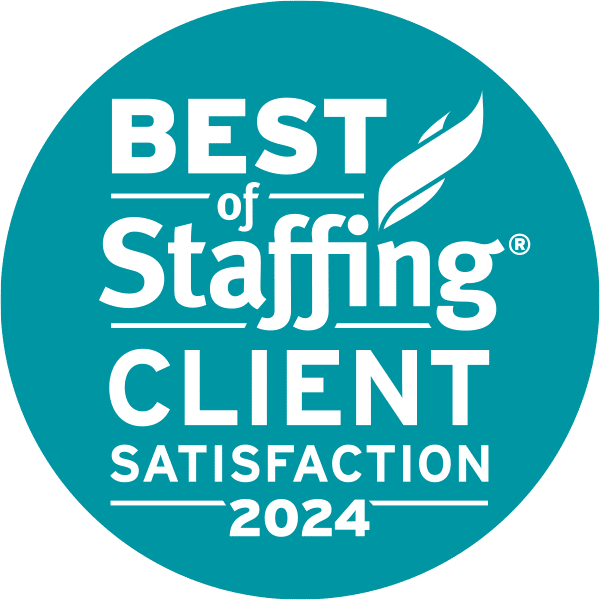“All things in moderation” is great advice – especially when it comes to certain aspects of your HR policy.
Dress code is a perfect example.
If, for example, you work for a professional accounting firm, you probably operate in a relatively conservative environment. As a result, HR may enforce a comprehensive (and fairly restrictive) dress code policy, so that the firm projects a very professional image to clients.
If you work in a manufacturing environment, however, “dress for success” probably means something very different, because safety is of the utmost importance.
In both types of organizations, a dress code is essential to success. Setting minimum acceptable standards for the way employees dress: can maintain your company’s image; may impact workplace workplace safety and hygiene; may decrease sexual harassment claims.
But a “One Size Fits All” Approach Isn’t Practical.
A dress code that works well for one organization may not be appropriate for another. And any HR policy that is too strict can actually backfire – and ultimately increase your liability.
Your best bet? Create workplace dress policies with moderation in mind. While your dress code should aim to achieve the goals listed above, it should also be flexible enough to accommodate a range of special considerations, such as:
- disabilities
- age
- preferred gender expression
- religious beliefs, practices and observances
- ethnic/national origin
- racial background
Take a Flexible Approach to Your Company Dress Code.
When drafting and enforcing dress-code policies:
- Clearly communicate policies in writing.
- Provide specific examples of compliant and non-compliant attire, to prevent ambiguity and misinterpretation.
- Create and implement consistent enforcement processes.
- Ground dress requirements in legitimate business, safety and hygiene practices.
- Explain both the reasons for dress-code policies and the consequences for violating them.
- Treat men and women equally (i.e., place an equal burden on both sexes).
- Include enough flexibility to accommodate protected groups, such as Title VII-protected classes.
Flexible, clear and consistently implemented dress code policies are the best way for your Middle Tennessee business to get employees to “dress for success” – while still protecting your organization.
As one of the leading Nashville staffing agencies, Wood Personnel stays abreast of important HR issues that impact your organization. Our goal is to provide the insights and services that make it simpler to run a successful business.
If you have another workforce issue you’d like information on, just let us know!



